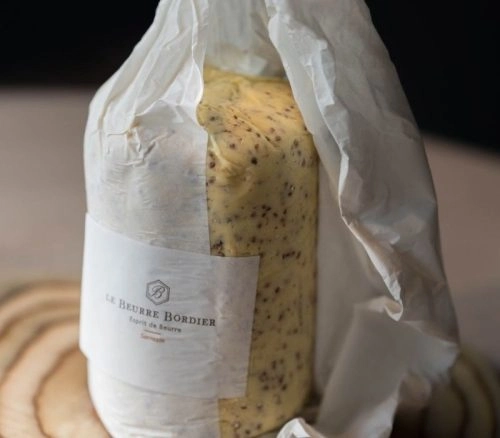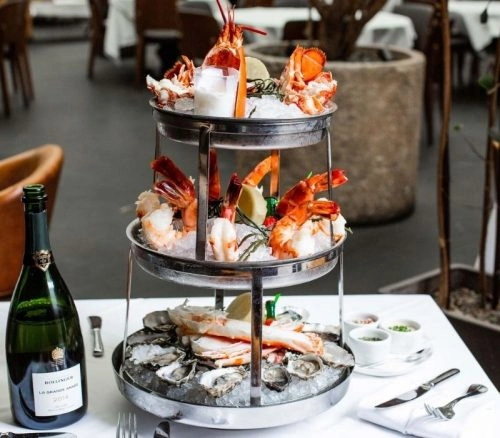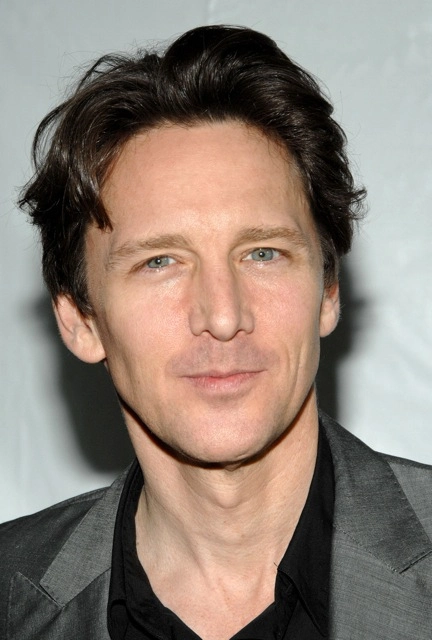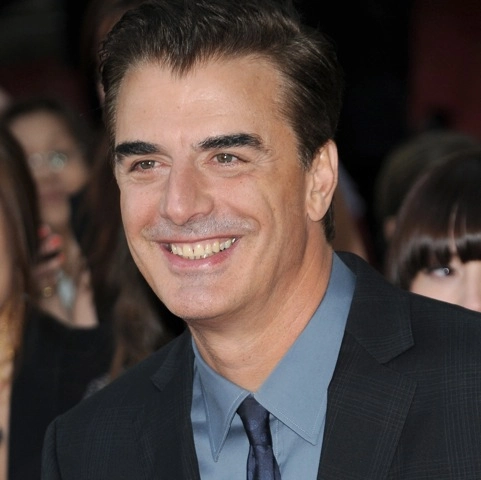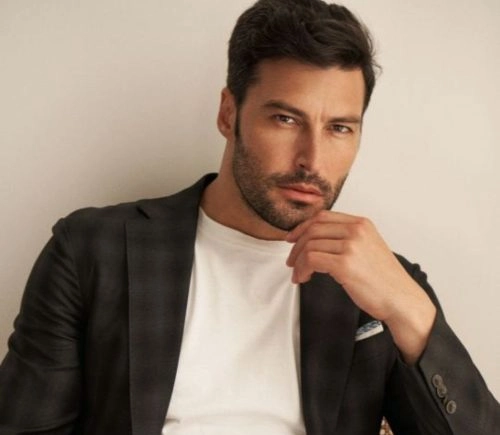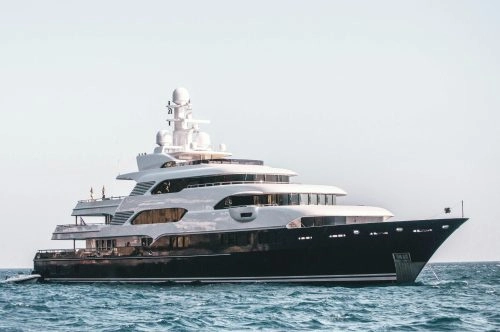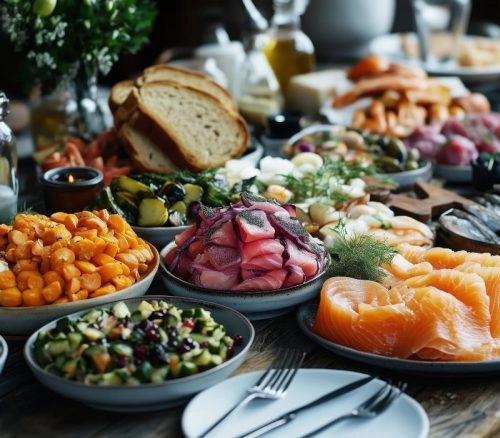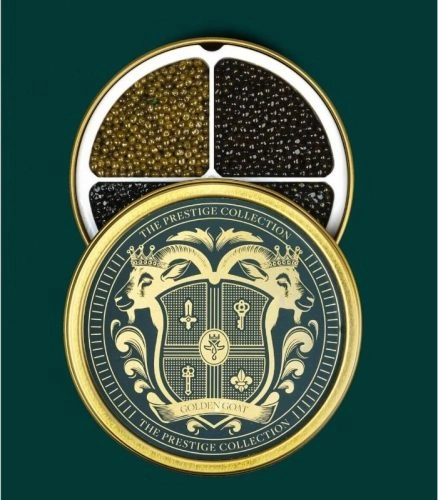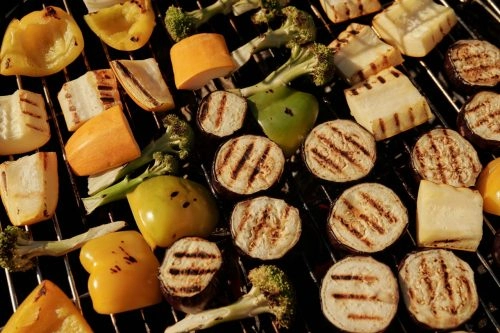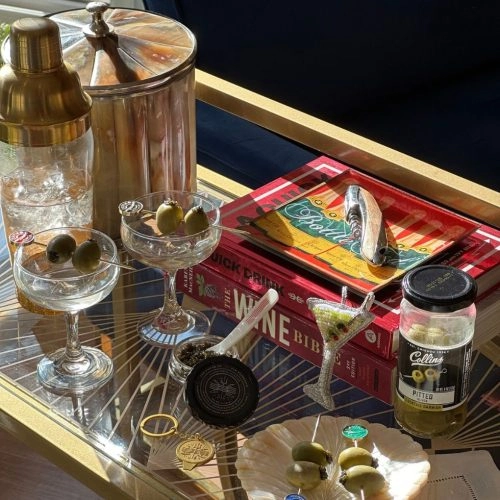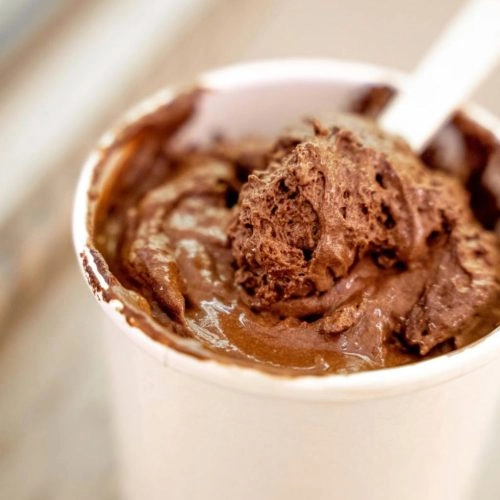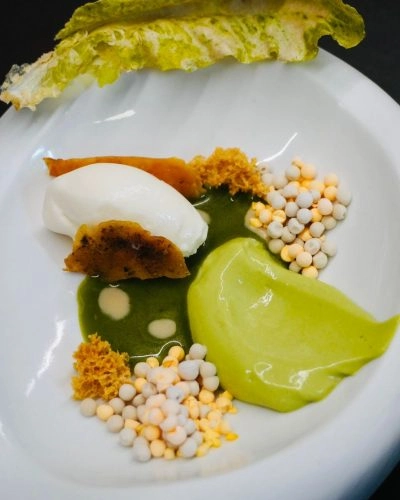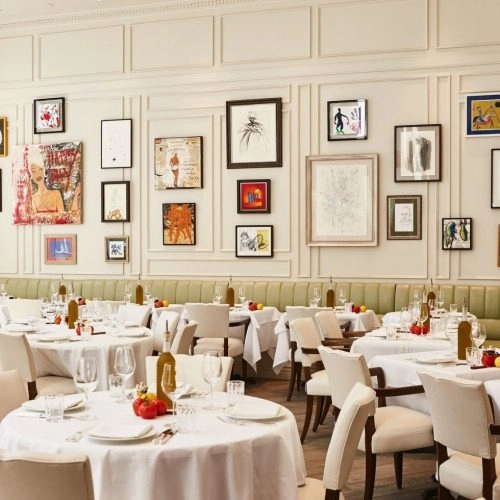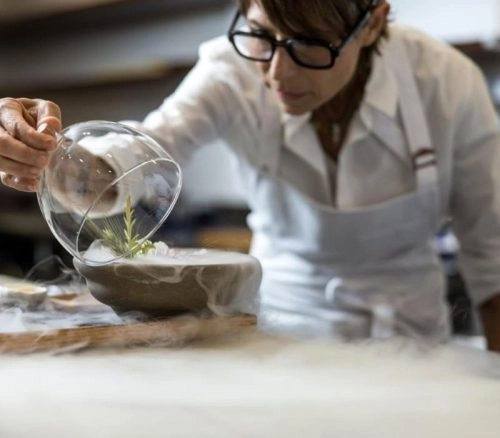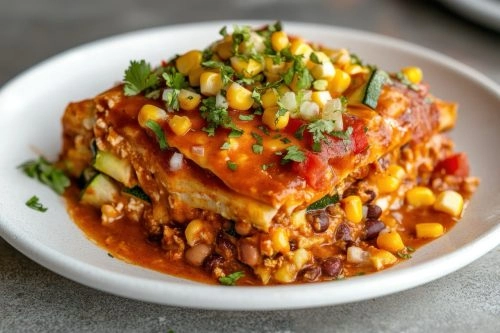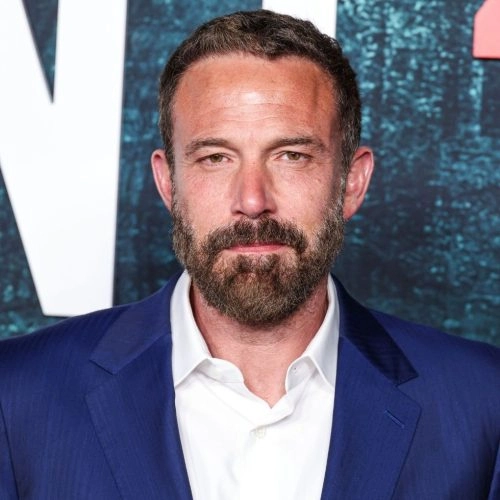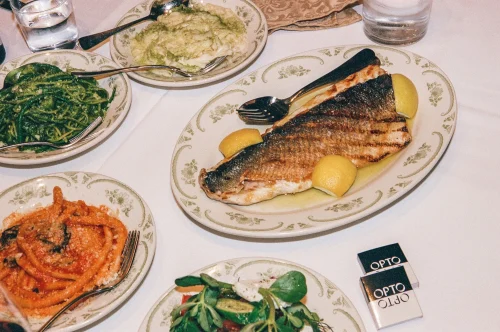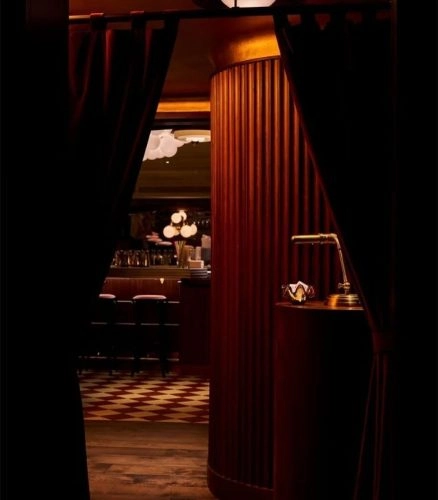Interview by AnneLise Sorensen
Sometimes, life is better than the movies. In the 1980s film St. Elmo’s Fire, actor Andrew McCarthy played a struggling writer. These days, he’s a successful one, writing for the New York Times, National Geographic Traveler, and Afar, among others, about his world travels.
A Great American Novel
And now, the actor with the intense gaze – remember your thumping teenage heart? – has turned it on himself. In his new memoir, The Longest Way Home, Andrew McCarthy reveals his struggles with commitment amid the lure of one-way tickets to adventure. Fidelity or flight? In many ways, McCarthy chooses both, taking to the road “on a quest for the courage to settle down” with D, his longtime Irish love and fiancée.
Along the way, he boats down the Amazon, sampling on a whim a local elixir called rompa calzones (“underwear breaker”); follows the sounds of singing to an open-air church in Costa Rica; and rounds a bend in Argentina to come across the Perito Merino Glacier which looms on the horizon like a “pulsing, living thing.”
What’s in a Name
The Longest Way Home is actually a perfect name for McCarthy’s book. It’s an unhurried travelogue, wryly honest with an oddly old-fashioned appeal – you can imagine McCarthy hunched over a leatherbound journal, pausing only to sharpen his pencil.
Of course, he also Skypes and texts – this is a romance in the new millennium, after all – but these seem like just digital blips against what’s really important: that travel is as much a personal as a geographic journey. Or, as McCarthy said during our interview, “Travel is not about the place, it’s about what happens to a person in the place.” McCarthy arrives at a revelation about love while puffing on a hookah in the exotic city of… Baltimore. And when he reaches the summit of Kilimanjaro, that revelation becomes truth.
You May Have Seen a Movie or Three
Which brings us back to the movies: In Pretty in Pink, rich-boy Blane (McCarthy) busts through class lines to also come to a kind of personal truth (“I believed in you… I just didn’t believe in me”) during his famous parking-lot kiss with Molly Ringwald, as OMD soars in the background. McCarthy’s personal tale ends similarly, with vows exchanged and jigs danced in Ireland. Yes, sometimes life is like the movies. Better, actually, because this time around there was no ‘80s synth-pop in the background.

AnneLise: Thanks for joining us. What inspired you to take the “longest way home” and write this book?
Andrew McCarthy: The book came out of an issue I was grappling with. Some go to the shrink, some have coffee with friends. I solve problems by traveling. I had just gotten in a cab, and was on my way to travel in Patagonia. We [D andI] had just decided to get married. I was sad to be leaving but also thrilled to be going, so I was equally pulled in both directions. In the back of the cab, I wrote that idea down – the push and pull of intimacy. Of moving closer and pulling away, moving closer and pulling away.
ALS: Your book celebrates solo travel. I agree – my philosophy is that everyone should travel solo at least once in their lives. The highs are higher, and the lows are lower.
Andrew McCarthy: Traveling alone, you confront yourself in a way that’s very valuable. It’s an act of optimism, emotion, making yourself vulnerable to the world. I’ve never had anyone say “no” to me when I’m traveling alone. People don’t travel alone because they’re afraid they’ll be lonely. Those are valid concerns but loneliness on the road is very different. At home, it’s deprivation, lack, loss. On the road, it contains possibility, whereas at home it often doesn’t.
ALS: From actor to travel-writer – tell us about that evolution.
Andrew McCarthy: I traveled a lot for work. I grew up while on the road, and there was a nomadic quality. A bit of a carnival. When I finished working in a place, I’d stay on… If I hadn’t been in all those movies and felt the world coming at me, I might not have felt the need to go out into it, in an anonymous, untethered way.
I’ve had literally hundreds of jobs. It leads to a sort of temporariness about things. It conditions you to travel. I’ve gotten very comfortable about being in transition. I’ve found that I’ve made transition my friend, and that stemmed from acting.
It also seemed like my experience of travel wasn’t being captured in the magazines. I met an editor at National Geographic Traveler and he let me write an article… and that’s what started this accidental second career.
ALS: Creative parallels between the craft of acting and writing?
Andrew McCarthy: Yes, they come from the same creative place. It’s storytelling, detail, behavior. I’ve been a storyteller since I was teenager. I’ve said so much bad dialogue, so I know a good quote when I hear one. That same passion I had for acting when I was young, I now have for travel.

ALS: One of the quotes in your book: “For me, travel has rarely been about escape… The motivation is to go – to meet life, and myself, head-on along the road.” Tell us about a trip where you met yourself head-on.
Andrew McCarthy: The Camino de Santiago in Spain was my first experience with that. I encountered myself on the Camino. In traveling, we leave our safely constructed parameters. It’s not escape; it’s exactly the opposite. The more at the mercy of the world we make ourselves, the more open we make ourselves, and the more the reward. When you travel, the only thing you bring with you is you.
ALS: I also bring my appetite. Eating on the road: What’s a memorable dish you’ve had while traveling? Mine was grilled rat – called gibnut – in Belize. It doesn’t taste like chicken.
Andrew McCarthy: In Tahiti, they have a raw tuna dish covered in coconut milk and lime. It’s like the cheeseburger of Tahiti. Raw chunks of tuna – it’s incredible. But, in general, I eat to live, not live to eat.
ALS: Favorite transport?
Andrew McCarthy: For me, walking is the best form of travel. I like trains. I hate flying, but I do it all the time. The slower the motor transport, the closer to the ground, the better. I’ll hop in anything.
ALS: Travel ritual?
Andrew McCarthy: I always try and remember to bring grapefruit seed extract – usually half a dozen drops works.
ALS: Writers you admire?
Andrew McCarthy: Paul Theroux. Also, a Swiss writer [Madame de Staël], who once said that travel is one of life’s saddest pleasures.
ALS: Who plays Andrew McCarthy in the movie version of your book?
Andrew McCarthy: Anyone younger and taller.
Interview by AnneLise Sorensen, Editor and Writer
(www.AnneLiseSorensen.com)
(Photos: Courtesy of The Longest Way Home/Andrew McCarthy)


